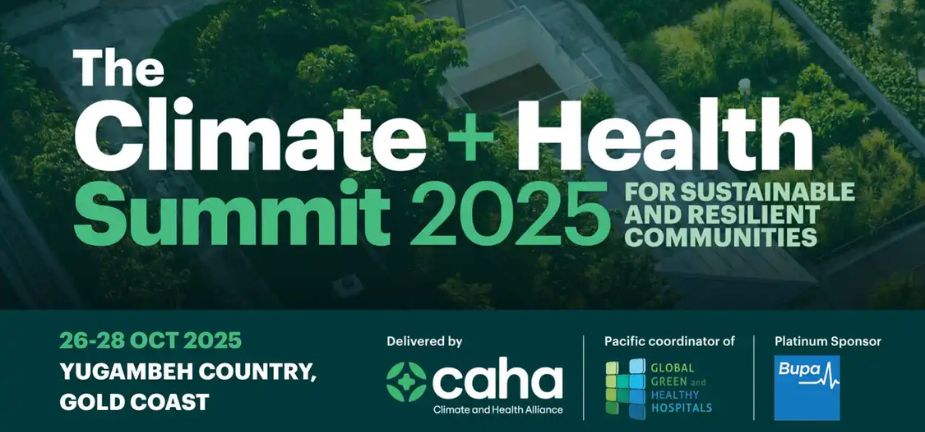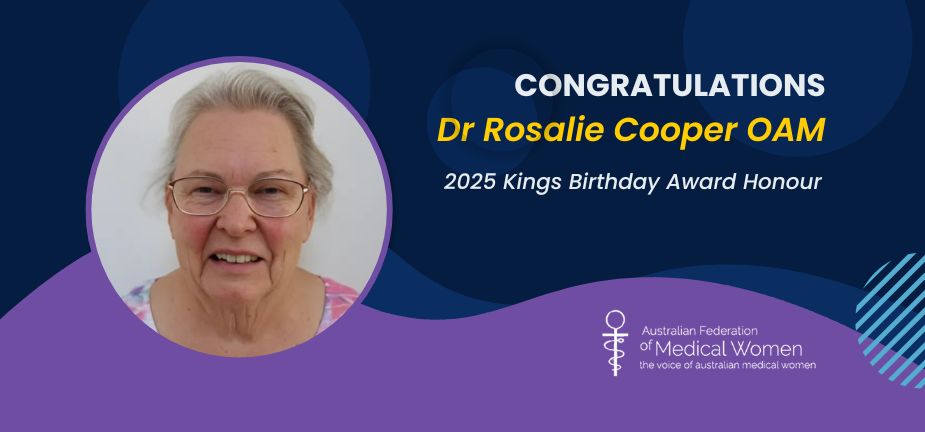This really resonated with me because as a student I have seen the data on the disparity between many disease presentations and progression, however never before critically analysed this to be to do with a gender/biological difference (not just that of women having “extra endocrine bits”). For example, the presentation of a heart attack is pain in men, but commonly painless/silent in women. This contributes to the higher mortality for women suffering a heart attack and thus needs to be considered further in public health campaigns to educate people and even emergency health care. We prescribe medications based on men, and while we accept children shouldn’t just take half the dose, we need to accept that women should not simply take the same as men. Jo – a famous and very well respected social scientist – talked a lot about ‘power’ and how it impacts on health. The quote “if we acknowledge woman as full human, we won’t get full work out of her” was mentioned and it really stuck with me how true that comment is. Jo endorsed changing power relationships in an approach similar to water – via the path of least resistance, to flow and fill everywhere.
Dr Desiree Yap discussed the current notion that ‘women are overtaking the workforce.’ This led onto the notion of measuring inputs versus outputs, thus for example, in the medical profession, if a physician is ‘slow but thorough,’ they may see more complex patients, but get paid 10% less, with the sad truth being these are mostly women. She also mentioned “the paradox of privilege’.
The workshop was such a success; it really opened my eyes to gender based health issues. It will make me scrutinise clinical trials and their validity, consider sex versus gender and the role of power in health.
The first round table discussion in the evening focussed on the role of NGO’s and civil society in helping achieve the MDG’s. The panel of people was diverse, with Sakena Yacooby from Afghanistan, Sue Ndwala from World Vision (who mentioned giving the fast breeding guinea pig to solve the crises of food shortage), Ruth Bumela Engo-Tjega (who posed the sad question that people may ask: “am I a human being if I don’t meet the minimum MDG?’), and Dr Aleida Guerara from Cuba (who made me really feel like I was at an authentic UN conference as she required an interpreter!!).
The workshop on ‘Intergenerational dialogue for global health from birth to maturity’ was fascinating and opened up interesting questions and audience participation. Dr Suad gave her segment on ‘how to stay young after the age of 35’ which gave information on reactive oxygen species, alternative medicine and the notion of marring traditional and new science. Yoonsok Lee encouraged us to view and catagorise the elderly (over 65’s) into ‘young elderly, middle elderly and regular elderly’. Dr Gabrielle Casper took us through advances in surgical techniques and curing gynaecological problems. She introduced ‘the younger generation’ of medical students Eloise Williams (who discussed the contraceptive pill as a revolution for women) and Victoria Harris (who discussed the HPV vaccine and the problem it faces in being implemented into developing world vaccination schemes as it is expensive and requires 3 injections). Steffi Kinglake discussed the notion of ‘power with’ and ‘power over,’ and Jane Lee gave the summary and recommendation. I really enjoyed this workshop as it opened my eyes to the advances we have achieved in birth control and the many diverse effects it has had on for example lowering infant mortality by allowing women to stop having babies later in life or more than 4, or for opening educational and economic opportunities for women by limiting/preventing unwanted pregnancy. I had no idea of its absolutely revolutionary effects!
I also went to the World Vision international workshop on “beyond 2015” which was really excellent to explore possibilities for refining / fine tuning the MDGs after this date. One of the speakers asked the audience to consider changing the way they frame statements from ‘6 million people died last year of preventable diseases’ to ‘next year, 6 million people will die, we know where they live and what we can do to prevent it, so let’s stop it!!!’
On Wednesday I attended the youth breakfast which was AMAZING!! I met a number of other motivated ‘youth’ and had some really interesting conversations. We had a speaker from New York talking about his experience on the Obama presidential campaign who said “one voice can change a person, a room, a state, a country and a world!” Nick Allardice, the general manager of Oaktree spoke about the global fund and the upcoming Millennium summit and encouraged us to get all of our organisations involved. I obtained his card and have emailed him for the details on the petition he wants everyone to sign, and hopefully this can be forwarded onto all AFMW and MWIA members so we can all sign it and stop transmission of HIV from mother to baby!! The girl guides taught us a catchy song they had made up to help everyone remember all the MDGs. Great morning!’
All in all, the conference was an exhausting but fascinating and mind boggling event! I truly feel blessed to have had the opportunity to attend it and have the entire way I view global health changed. I feel impassioned and burning to make a difference. I’d like to take this opportunity to really thank AFMW and MWIA for giving me this opportunity, I cannot thank you all enough. You are such amazing and inspirational women and I am so lucky to have met you and to belong to such a prestigious and wonderful organization.









